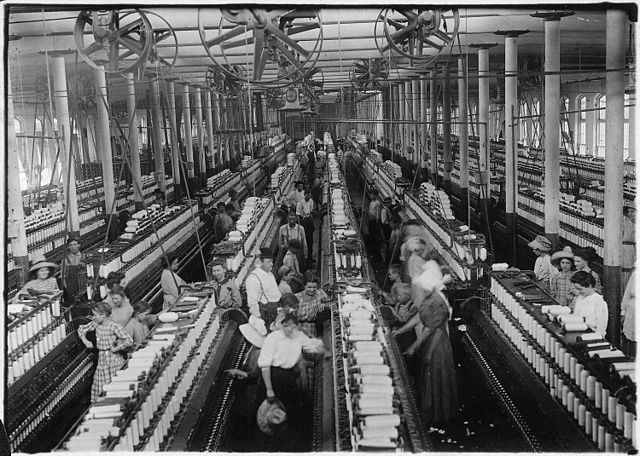The Next Industrial Revolution Must Celebrate The Worker
Writing in the Financial Times this week, Sarah O’Connor bemoans the dehumanization of work. She highlights examples such as the autonomous robot, Chuck, which leads human pickers through warehouses at an apparently relentless pace. I’m sure we all have our own examples:
- The workforce tracking tools, originally deployed to identify (and rectify) shortcomings in staff training programs, that instead constantly score and compare the productivity of every worker to their peers
- The AI-based predictive maintenance algorithms that tell engineers exactly what to fix and when, ignoring decades of hard-won knowledge and experience and reducing previously skilled technical workers to little more than breathing robots
But it doesn’t need to be this way. O’Connor ends her article, “we must make sure the robots work for us and not the other way around.”
Precisely! Chuck may be configurable to force human pickers into a race to keep up, but there are plenty of robotic helpers that meekly follow behind, traveling at a pace set by the human being and always nearby to take the load. While some workforce tracking tools identify — and rank — the individual, others use very similar techniques without any element of personal identification or scoring: They genuinely do uncover the fact that the workforce consistently gets step number eight in a 20-step manufacturing process wrong, highlighting the need for better training or a better process without deeply analyzing the successes or failures of every individual.
In the race for efficiency and modernity (and profit), we’re in danger of forgetting the needs, value, and importance of our human workforce. In the smart manufacturing sector where I spend most of my time, I see this again and again. The machine is lifted up on a pedestal, preeminent, and closely followed by the algorithm. The person? Either ignored entirely or flagged as an unpredictable variable in the system whose ability to mess things up should be minimized. Could this be why so many grand Industry 4.0 initiatives fail to live up to their transformational promise?
I am starting work on a new report, tentatively called “Industry 4.0: Don’t Forget The People.” I’ll be drawing on Forrester’s wealth of research into the future of work and automation and highlighting examples of companies that manage to build an environment in which the robots (both software and hardware) serve and augment the people, not the other way ’round. It’s time for all of us to make that conscious choice.
If you have a good example to share, please schedule a briefing and tell me all about it. If you’re a Forrester client and want to discuss (or challenge) my thinking on this topic, please schedule an inquiry.
(Image source: US National Archives and Records Administration)

